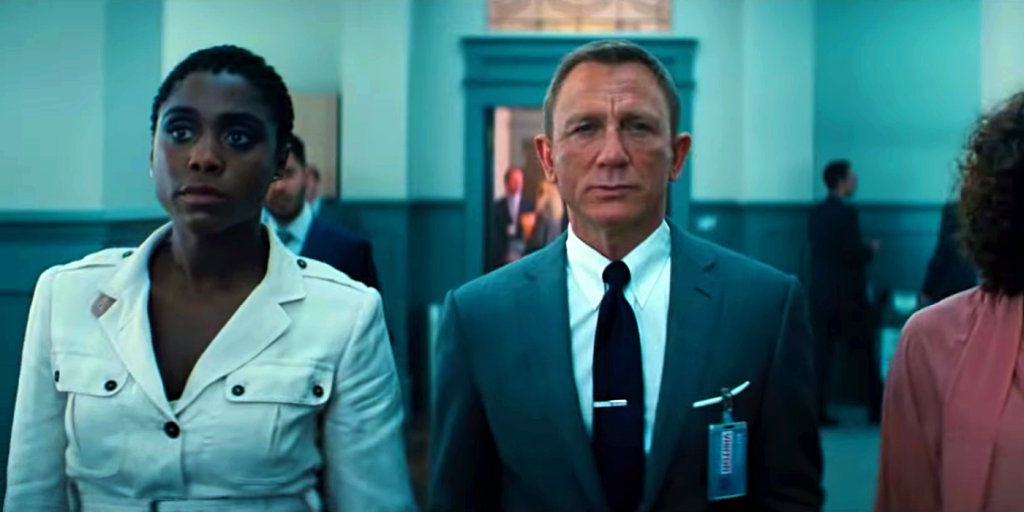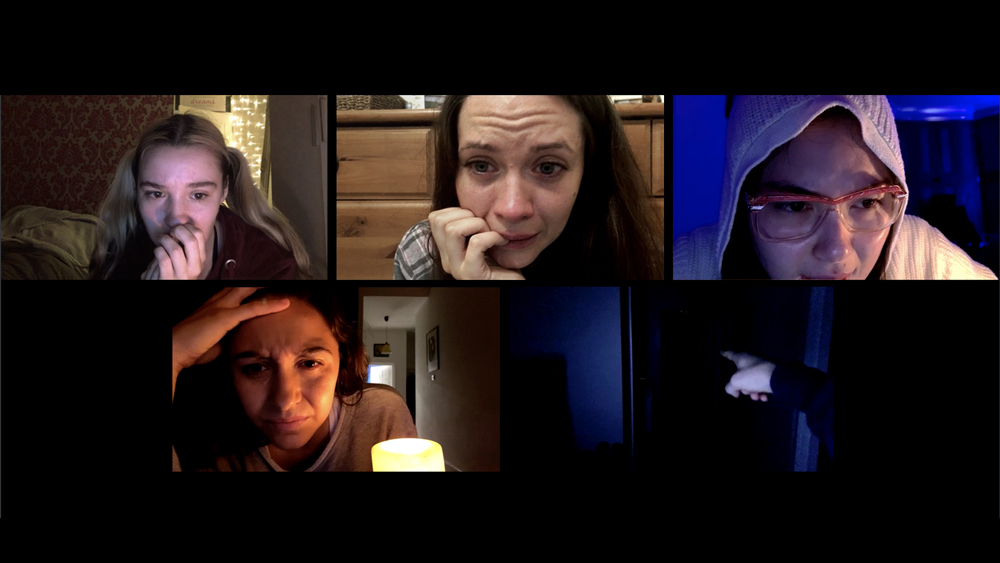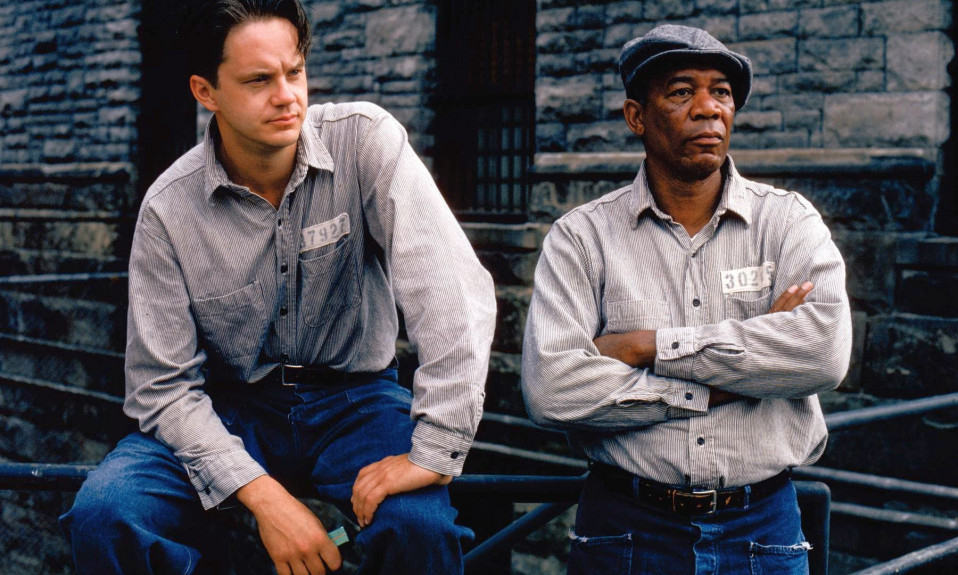2020 hasn’t been the year any of hoped it would. As events were cancelled, people were forced to stay inside, it’s been tough on everyone. Ordinarily, we could go to our local cinema and escape for a few hours, but with many big releases now not arriving until 2021, things are different. Many theatres aren’t open at all, while others have reduced opening hours. Even when they are open, some are eerily quiet.
But there are still some films to watch. With the likes of Bond and Fast and Furious and even Wonder Woman are holding back, to the dismay of cinema chains, independent films are shining. Without the large budgets to make back, smaller, cheaper films are filling the gaps studios normally stay well clear of. This summer was supposed to see the release of blockbusters such as Black Widow, Candyman and Top Gun: Maverick. Instead, Trolls World Tour became the film everyone was talking about, ushering in a wave of films being released to streaming sites. But this isn’t just good news for Trolls, it means that most theatres have been left wide open…
Cheap Thrills

Independent films are often buried when the new big summer blockbuster is out. Cinemas can only show so many films after all. Often if given the choice between an indie drama or another showing of a blockbuster, the latter will win. With most people in Britain only going to the cinema 3 times a year, they like to get their money’s worth. Watching something they know they will enjoy rather than take a gamble on something they haven’t heard of. Blockbusters are often longer, so it feels like more of an occasion. However, between the actor’s and crew’s salaries, post-production and marketing costs, these films are expensive and have to earn much more money before they start returning a profit.
Independent films can still be expensive (the original Iron Man is technically an independent film) but they are traditionally much cheaper to produce in comparison. This often means they have much lower expectations behind their performance. One advantage of this is that directors often have more creative control and more freedom. When millions of dollars aren’t at stake, some risks seem affordable, and different stories can be told in interesting ways. It also means that if the film is delayed, it isn’t bleeding money through delayed marketing, like Tenet and No Time To Die. Warner Brothers decided to release Tenet and it wasn’t quite the success they were hoping for. Meanwhile, After We Collided, a romance based on One Direction fan fiction did better at the box office than The New Mutants.
The Times Are Changing

Does this mean huge blockbusters will be gone soon? Definitely not. But it could mean that studios, and cinemas, stop relying on them. Indies can be treated as “filler” to use screens and keep cinemas afloat until the next big film. But this year has proven this isn’t sustainable. Instead, cinemas should embrace smaller films. Not only does it allow new talent to shine and get exposure, but it also allows different films to be more widely seen. A common complaint of the industry is that it’s always the same few properties having endless sequels, prequels, spin-offs and reboots, but independent films help prove that is not the case. Films like Saint Maud, Queen and Slim, and Babyteeth, as well as the success of this year’s virtual London Film Festival, have shown that there is plenty of good stuff to watch.
So next time you plan on going to the cinema, and don’t see any films you recognise, give an independent film a try. You might be introduced to your new favourite director, or the next big actress. Cinemas and audiences alike should start embracing independent films.
Also Read: Disney Shifts Its Focus Away From Cinemas To Its Streaming Platform













